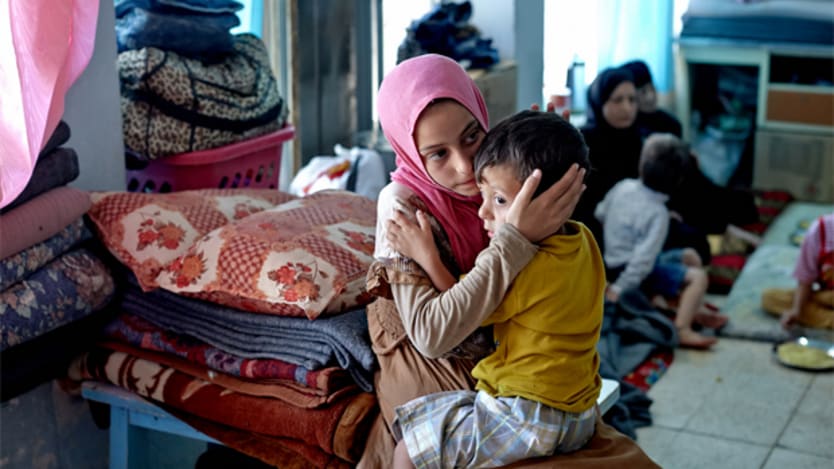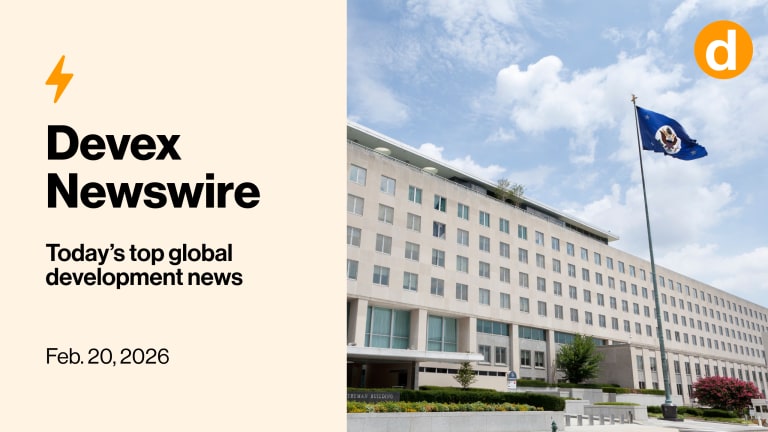
The humanitarian crisis in Iraq has exploded at an “inconvenient” time for the country’s top donors — less than 6 weeks before the end of the U.S. fiscal year on Sept. 30 and amid a flurry of global humanitarian emergencies.
Donors are stretched thin, and aid workers — faced with helping an estimated 1.5 million internally displaced people, at least 500,000 of whom fled their homes in the last two months threatened by Islamic State of Iraq militants — are struggling.
“There is immediate need for everything,” Sara Skahill, Middle East and North Africa regional director at International Relief and Development, told Devex from the Iraqi town of Irbil. “Shelter being the most visible, but food and water at the most basic level.”
U.S. Agency for International Development spokesperson Matt Herrick shared that USAID currently has sufficient resources and adequate funding, but he admitted “it’s fair to say that we are stretched very thin.”
Even when the funds from donors are allocated, it can take quite a long time for them to reach organizations doing humanitarian work on the ground, according to Iqbal al-Juboori, senior program officer at IRD.
“As soon as a crisis happens, we have to be there,” al-Juboori told Devex. “And we have to have the sufficient funds.”
ISIS has threatened to kill aid workers in the region, heightening security concerns for NGOs, both at the local and international levels.
See more articles on the Iraq crisis:
● 11 iNGOs helping displaced Iraqis
● An emergency within an emergency in Iraq
“From a logistics perspective, it’s dangerous,” Skahill said, explaining that access to IDPs can be a particular challenge when so many of them are scattered and mobile — constantly moving from place to place. By the time aid groups receive funds, mobilize resources and move in to where they think help is needed, IDPs could already have left.
She recognized that Americans in particular are fatigued when it comes to conflict in Iraq, and donors have no shortage of causes to contribute to. But this, the IRD official said, “is not only a political and security issue, this is a humanitarian crisis. These people need our help.”
In Dahuk, in northern Iraq, the ratio of refugees to original residents is 1.5 to 1, and for months the Kurdistan Regional Government has not been receiving its budget allocation from the central government, Skahill said.
“You see people sleeping in parks, sleeping in church courtyards, sleeping under underpasses, unfinished buildings.”
She added that of Dahuk’s 1,400 schools, 1,000 are currently sheltering IDPs. The others are either too small, or too remote.
Read more on U.S. aid reform online, and subscribe to The Development Newswire to receive top international development headlines from the world’s leading donors, news sources and opinion leaders — emailed to you FREE every business day.
Search for articles
Most Read
- 1
- 2
- 3
- 4
- 5






